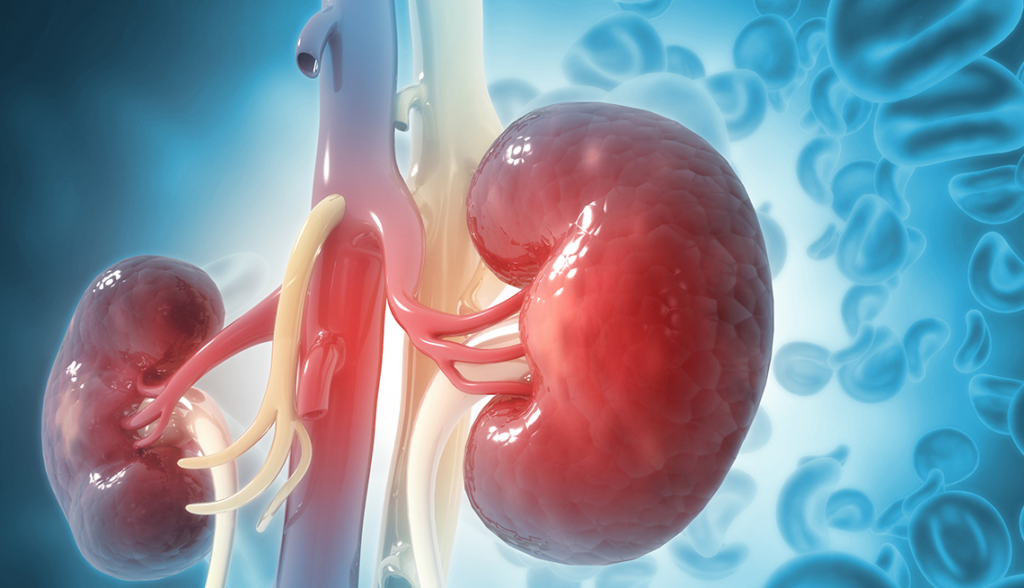Introduction
When we hear about proteinuria, it refers to the presence of an unusual amount of protein in the urine. This can signal that our kidneys aren’t filtering blood as efficiently as they should. Kidneys work hard to keep essential proteins while letting waste out, so any deviation from this indicates potential trouble.
Consulting doctors regularly helps catch proteinuria early on, before it turns problematic. Routine check-ups and understanding changes in body health are our best friends. This article will delve into what proteinuria entails — from why it happens to how it affects us, emphasizing the power of staying informed and taking preemptive steps for our kidneys.
Understanding Proteinuria: A Key Biomarker
Proteinuria acts as a crucial sign, helping indicate underlying kidney problems. In simple terms, it’s the presence of excess proteins in the urine, proteins that should typically stay in the blood. There are different types, including transient, which is temporary, and persistent, which warrants attention.
In healthy situations, urine contains minimal protein, typically less than 150 milligrams per day. Any significant rise above this level could point toward issues requiring further evaluation. Proteinuria serves as a red flag for doctors since it may uncover hidden kidney troubles. Tracking these changes allows medical professionals to catch potential conditions early, prompting timely intervention and management.
The Kidney Filtration Process: Why Proteins Leak
Picture kidney filters, or glomeruli, working tirelessly like a water strainer. When they are healthy, proteins stay in the blood, only letting waste out. But what happens when these tiny filters get damaged? Proteins escape into the urine, hinting at filtration problems.
Proteinuria can result from various factors, such as chronic diseases like diabetes or hypertension, lifestyle choices, and other medical conditions. Understanding the reasons behind protein leakage is vital, as it underscores the potential malfunctions within the kidneys. By detecting leaks, healthcare providers can address underlying issues and prevent further kidney damage.
Risk Factors: Are You at Risk?
Different factors increase the likelihood of developing proteinuria. Lifestyle aspects—like obesity or living with constant stress—can contribute significantly. Moreover, medical conditions such as diabetes and high blood pressure also play a part.
Familial predispositions might increase the risk as well, highlighting the importance of knowing one’s health history. Some medications can impact kidney function, as can prolonged stress. Recognizing these risk elements allows individuals to be vigilant, monitoring their health closely and seeking periodic medical advice to keep kidney functioning in check.
Spotting the Signs: When to Act
Symptoms of proteinuria can be deceitfully subtle. Individuals may experience swelling in the limbs, unusual tiredness, and frequent urination. Yet, often, proteinuria may lurk without showing any apparent signs at all.
Routine screenings become vital because of this deceptive nature. Early testing can pinpoint the presence of protein in urine long before symptoms manifest, allowing for early intervention. When in doubt, it’s always prudent to consult a healthcare provider who will recommend appropriate testing schedules based on personal risk factors.
Screening and Testing for Proteinuria
Urine tests are simple but effective tools for identifying proteinuria. They can include dipstick tests, which change color when protein is present, and more comprehensive tests that measure exact protein levels.
Doctors may suggest these tests at various intervals, depending on individual risk profiles. For those exhibiting risk factors, more frequent testing ensures early detection, thus enhancing prospects for kidney health management. Understanding what the tests entail demystifies the process, making it less daunting and more approachable.
Linking Proteinuria to Renal and Cardiovascular Health
Proteinuria accelerates kidney damage rates, which can lead to chronic kidney disease if unchecked. Yet, its impact isn’t limited to kidneys alone. It also poses threats to heart health, affecting cardiovascular stability.
The link between heart and kidney health highlights a bidirectional relationship. Poor kidney function can stress the heart, while heart issues can strain the kidneys. Understanding this interplay underscores why early detection of proteinuria is crucial for maintaining overall health and preventing diseases.
Turning Knowledge into Action: Treatment and Prevention
Various strategies help manage and mitigate proteinuria risks. Dietary changes focusing on balanced nutrition support kidney health effectively. Monitoring salt and protein intake and staying hydrated aid in managing symptoms.
Medications prescribed by healthcare providers can help control high blood pressure and blood sugar levels to prevent further kidney damage. Lifestyle adjustments, including regular exercise and stress management, can lower risk factors significantly. By taking proactive steps, individuals can decrease the likelihood of complications and maintain better health.
Staying Ahead: Prevention and Ongoing Care for Kidney Health
Prevention is the best medicine when it comes to kidney health. Regular check-ups and compliance with dietary recommendations play pivotal roles in maintaining well-being. Stress-free living, combined with mental health support, enhances overall health outcomes.
Healthcare providers act as partners in this journey, offering guidance and insights into ways to safeguard kidney health. Building a robust relationship with them fosters a proactive approach to wellness, ensuring timely interventions where necessary, ultimately improving quality of life.
Conclusion
In conclusion, the early detection of proteinuria must be emphasized with unyielding importance. As both a warning system and a crucial health indicator, it alerts us to potential underlying kidney issues that require attention.
Through regular check-ups and awareness, individuals can recalibrate their paths towards healthier living by catching problems early. Embracing a lifestyle of routine health screenings ensures not only kidney health but contributes to overall wellness, reaffirming the age-old adage that prevention is indeed better than cure.

